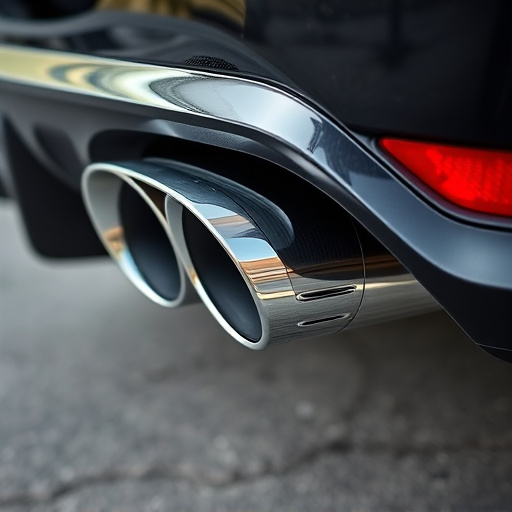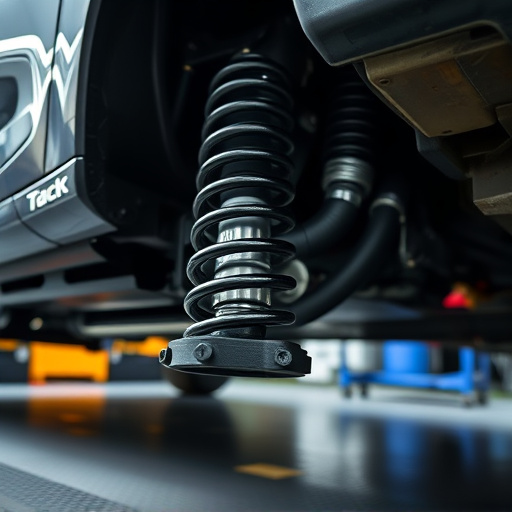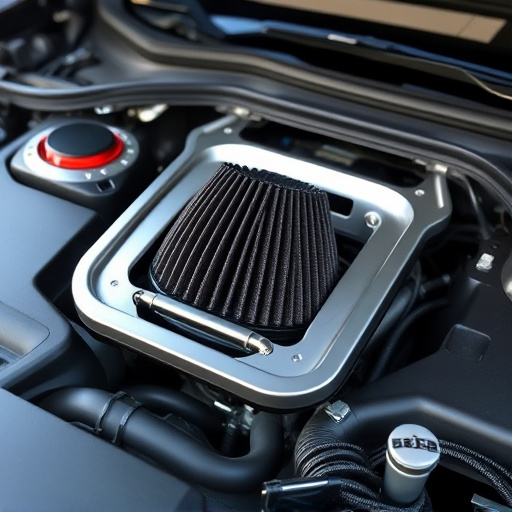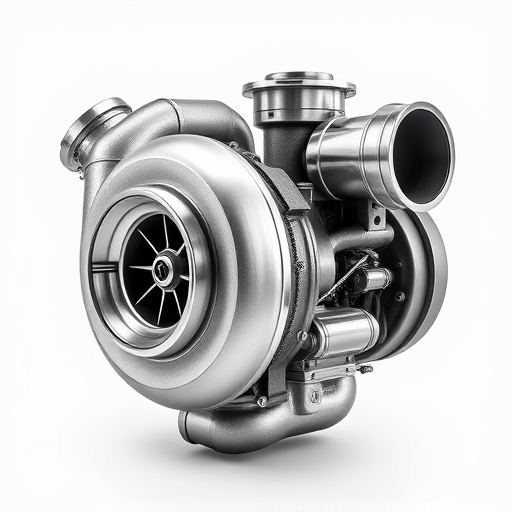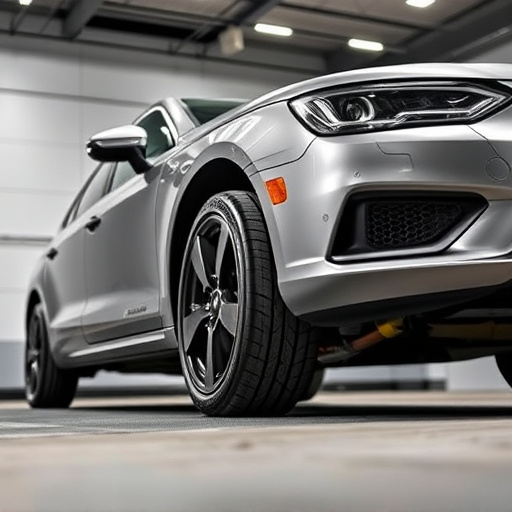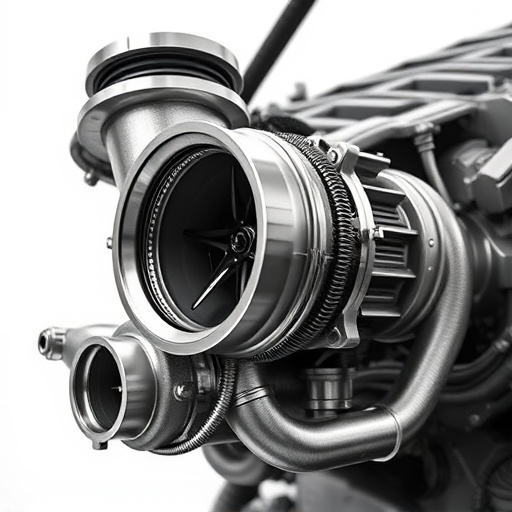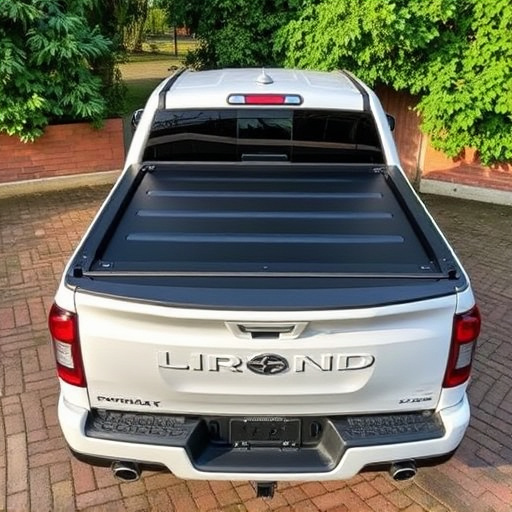Performance air filters can significantly alter air intake sound levels, affecting both driving experience and engine health. They optimize airflow for better combustion and engine performance, and transform exhaust notes for a more aggressive sound. Using specialized equipment, decibel levels are measured to assess noise reduction effectiveness, with analysis of noise types revealing the filter's ability to target specific frequencies.
Uncover the intriguing connection between your vehicle’s performance air filter and its air intake sound levels. This article delves into the science behind air intake noise, exploring how high-performance air filters can subtly yet significantly alter engine acoustics. By measuring and interpreting changes in noise, you gain insights into the impact of these filters on your car’s overall health and efficiency. Discover why understanding this dynamic duo is key to optimal vehicle performance.
- Understanding Air Intake Sound Levels
- The Role of Performance Air Filters
- Measuring and Interpreting Changes in Noise
Understanding Air Intake Sound Levels
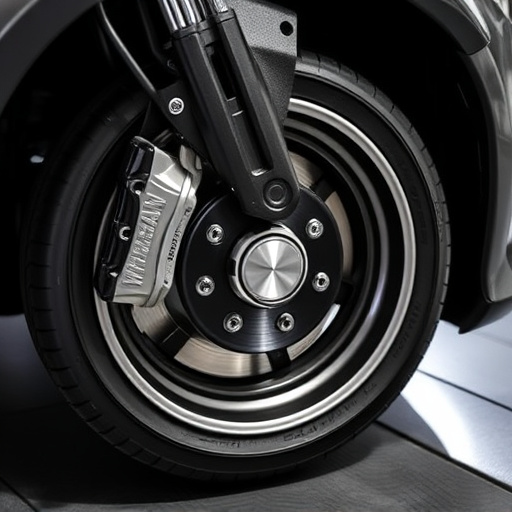
Air intake sound levels are an often overlooked aspect of vehicle performance, but they play a significant role in overall driving experience and engine health. Understanding these sounds is crucial when considering upgrades like high-performance air filters. The noise you hear while driving, especially at higher speeds, is not merely background noise; it’s a symphony of forces at play. From the whooshing of air rushing through intakes to the deep growl of an engine, each sound reveals something about the vehicle’s performance and efficiency.
In vehicles with powerful engines, the intake components are responsible for managing airflow, which directly impacts power output. When a high-performance air filter is installed, it can significantly alter these sound patterns. Unlike regular filters, performance air filters often feature more intricate designs and tighter mesh, allowing for enhanced airflow while trapping contaminants. This modification in airflow dynamics can result in changes to the intake noise, ranging from a deeper, more aggressive growl to a smoother, yet noticeable hum, depending on driving conditions and engine load.
The Role of Performance Air Filters
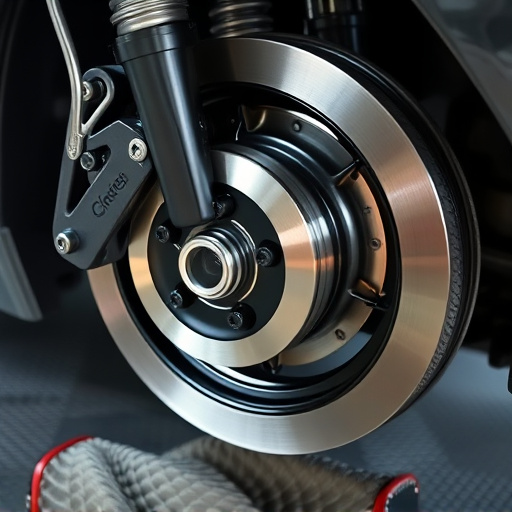
Performance air filters play a pivotal role in enhancing both the performance and efficiency of an vehicle’s air intake system. These specialized filters are designed to improve airflow, allowing for a more robust engine response and power output. By meticulously filtering out pollutants and debris from the incoming air, they ensure that only clean, dense air reaches the engine, optimizing combustion and thus improving overall engine performance.
Moreover, high-performance air filters can significantly alter the sound of an exhaust system, particularly when combined with other high-performance parts like cat-back exhausts. The improved airflow can result in a deeper, more aggressive exhaust note that many vehicle enthusiasts find appealing. This customization not only enhances the driving experience but also underscores the vehicle’s potential and personality, especially during acceleration or hard cornering.
Measuring and Interpreting Changes in Noise
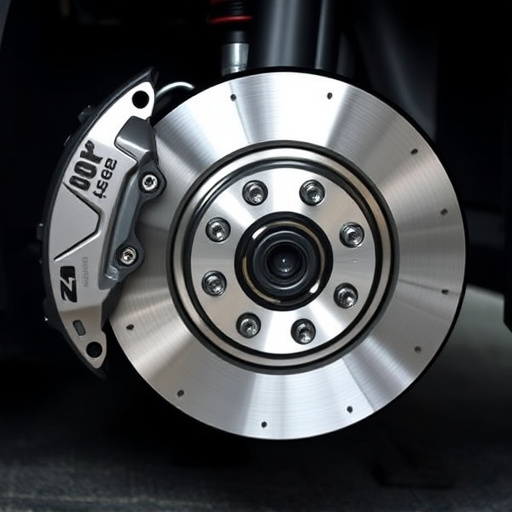
When evaluating the impact of a performance air filter on air intake sound levels, it’s crucial to understand how noise changes are measured and interpreted. This process involves specialized equipment and techniques to accurately capture and analyze variations in airborne sound. Researchers typically use sound level meters, which measure decibel (dB) levels, to compare noise before and after the installation of a performance air filter. A decrease in dB levels indicates a reduction in noise, suggesting an effective filtering action.
Furthermore, understanding the specific types of noise changes can provide insights into the filter’s performance. For instance, a performance air filter might significantly reduce high-frequency noises typically associated with turbulent air flow, while having less impact on lower frequencies from engine components like exhaust tips or cat back exhaust systems. This distinction helps in gauging not just the overall noise reduction but also the filter’s ability to target specific noise sources, contributing to a quieter and more refined driving experience.
Performance air filters can significantly alter air intake sound levels, offering both benefits and considerations. By understanding how these filters interact with airflow, we can better appreciate their impact on engine noise. Measuring and interpreting changes in intake noise helps ensure optimal performance and drives the selection of the right air filter for any vehicle. Remember that choosing a high-quality performance air filter can enhance your driving experience without compromising safety or reliability.
